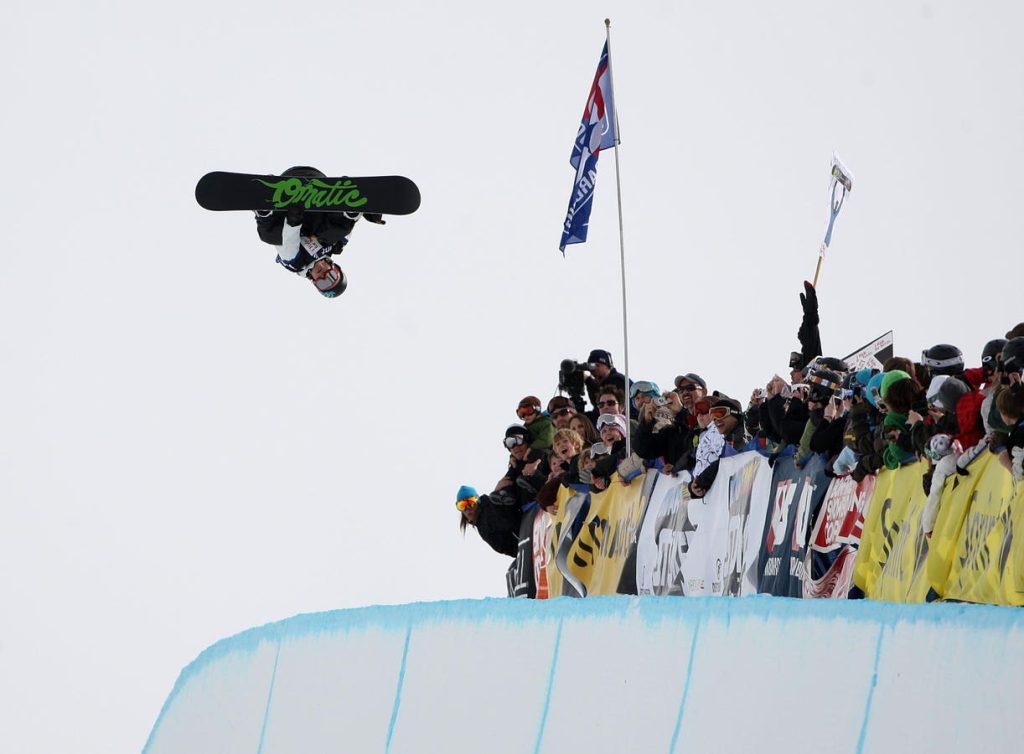In sports, injuries are inevitable, but athletes can prepare themselves mentally to overcome these hurdles. Just as athletes train physically to stay healthy and strong, there is a growing focus on mental training. Developing coping skills, resilience, and a positive mindset can improve an athlete’s response to injury. The preventative phase involves skill-building to strengthen an athlete’s mindset before they get injured, while post-injury rehabilitation requires protocols to support athletes during the recovery process. Fear of reinjury is a common psychological barrier that hinders an athlete’s return to sport, along with other factors like loss of interest, lack of confidence, and depression.
Organizations like IMG Academy have developed programs to support injured athletes from a psychological standpoint, working with mental performance coaches to ensure athletes are ready to return to play. Athletes like Louie Vito, a professional snowboarder and Olympian, attribute their positive mindset during recovery to years of mental skills building and resilience. Coaches also play a crucial role in an athlete’s psychological readiness to return to sport after injury, providing guidance, goal-setting, and accountability. Coaches can help athletes navigate through the challenges of perceived identity loss due to injury.
By focusing on prevention and post-injury rehabilitation, athletes can be equipped with the tools they need to navigate the psychological impacts of injuries and continue to excel in their athletic careers. With a strong set of mental skills and the right support, athletes can overcome the challenges of injury recovery and return to their sport with confidence and resilience. The role of psychological readiness to return to sport is crucial in helping athletes navigate the emotional challenges of injury and ensure a successful and sustainable return to play.


